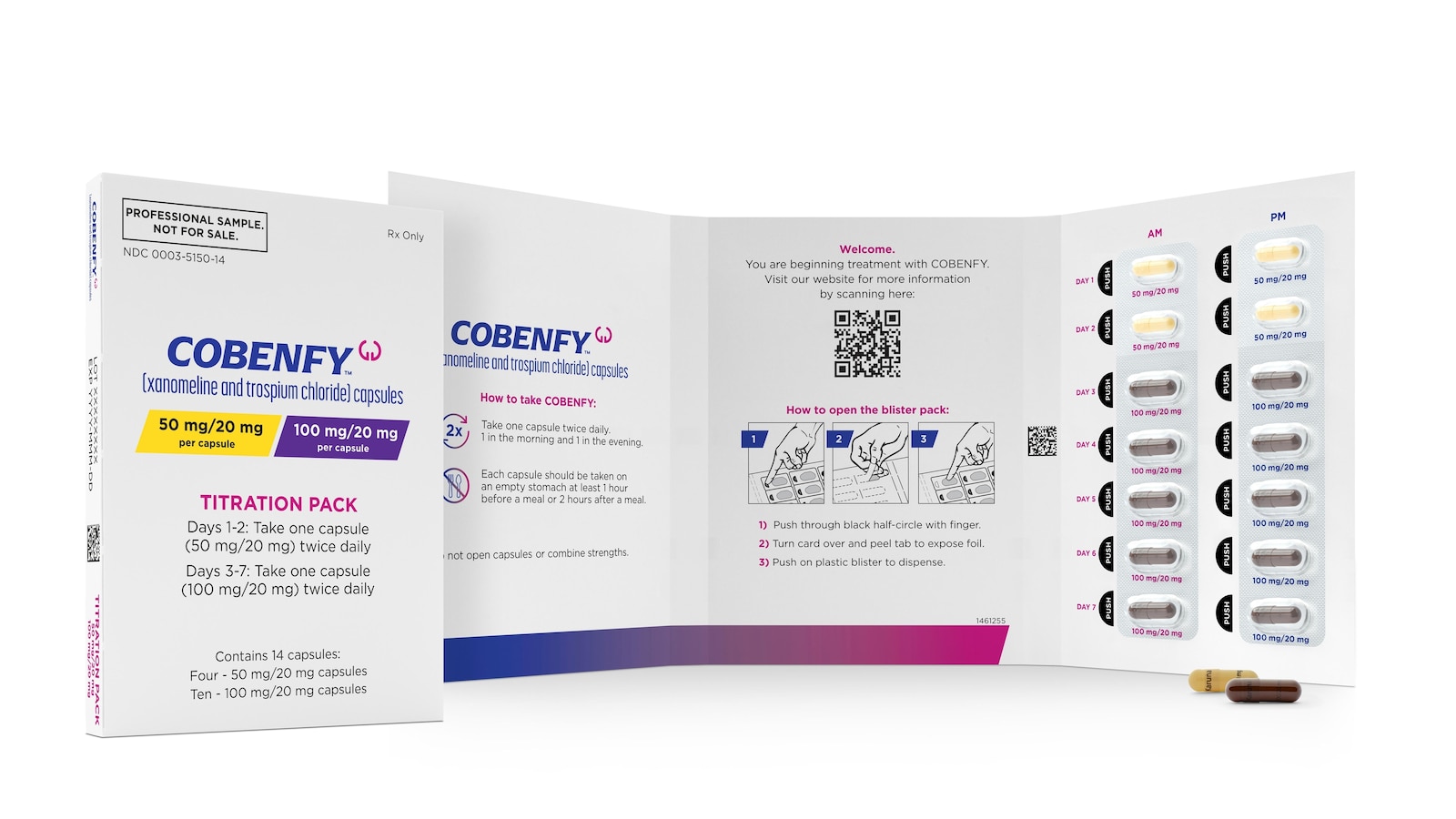Schizophrenia is a complex condition characterized by symptoms such as auditory hallucinations, heightened anxiety, and social withdrawal. The recent study results echo a common theme in schizophrenia drug trials: high dropout rates due to adverse effects associated with traditional medications.
Finding an effective medication can be a daunting task, often exacerbated by the side effects of existing treatments, which include weight gain, tremors, and restlessness. These adverse effects can lead patients to discontinue their treatment, resulting in the re-emergence of their symptoms.
Kobefy, which gained FDA approval in September, has generated significant hope among doctors due to its unique mechanism of action. Unlike conventional antipsychotics that block dopamine receptors, Kobefy’s primary ingredient, zenomelin, interacts with a different receptor that indirectly inhibits dopamine release. This distinction is crucial as it may mitigate some common side effects seen with other schizophrenia medications.
The formulation also includes trospium, which helps prevent nausea, vomiting, and dyspepsia, which are typical side effects of many antipsychotics. Remarkably, unlike other schizophrenia treatments known to contribute to weight gain, patients taking Kobefy actually lost a few pounds during the study, a positive note for many individuals struggling with weight issues due to medication.
Dr. John Crystal from Yale University, who has researched other schizophrenia medications but was not involved in the new studies, expressed optimism. He noted that only 10% to 20% of participants discontinued the study due to side effects, a marked improvement compared to previous trials. “This is promising,” he stated, suggesting that milder or fewer side effects could lead to longer treatment adherence, potentially reducing problems associated with untreated mental illness, such as substance abuse, homelessness, and unemployment.
However, the high dropout rates in the studies raise questions. In a study focusing on severely ill patients, 78% dropped out, leaving only 35 individuals for the final analysis. A second study, which included more stable patients, saw a 51% dropout rate, with 283 participants completing a year of treatment.
Dr. Greg Mattingly from Washington University School of Medicine, an advisor for Bristol Myers Squibb and a study researcher, indicated that the dropout rates were consistent with previous schizophrenia studies.
The outcomes were more favorable among severely ill participants, with 69% showing meaningful symptom improvement by the end of the year. In contrast, only 30% of the more stable group experienced significant benefits.
An independent research team conducted interviews with participants, revealing insights into their willingness to continue treatment. After six months, 36 participants indicated they would choose to keep taking Kobefy if given the option, while 10 expressed they would not. Some noted a reduction in auditory hallucinations, while others reported that the drug had no effect on their symptoms.
The estimated annual cost of Kobefy is $22,500, compared to around $540 for generic antipsychotics. Concerns have been raised about whether insurers will cover Kobefy, as patients may be required to try less expensive medications first. Depending on insurance coverage and other factors, out-of-pocket costs may vary widely.
Dr. Crystal pointed out that clozapine, a widely considered effective generic treatment for schizophrenia, is underutilized in the U.S. due to cumbersome blood testing requirements compared to other countries. The FDA has instituted blood tests to monitor the risk of severe neutropenia, a rare but potentially life-threatening side effect of clozapine. However, reports from doctors and families have indicated that when blood tests have delayed or interrupted clozapine treatment, patients often relapse.
Sally Littlefield, a 29-year-old from Alameda, California, shared her experience with a long-acting injectable antipsychotic that has worked well for her. She is keen to learn more about the experiences of others who have taken Kobefy, rather than just from those with financial interests in the drug.
Mindy Greiling from Roseville, Minnesota, expressed interest in seeing how Kobefy compares to clozapine, which has been effective for her 47-year-old son, Jim. She noted that weight gain was a concern, but it has stabilized after starting diabetes medication.
Greiling remarked, “Kobefy is getting a lot of buzz, as any new drug would. For me, it’s a non-starter until it’s proven to be better than clozapine.”
With the latest findings and ongoing discussions about treatment options, the journey to effective schizophrenia management continues, highlighting both the challenges and potential breakthroughs in mental health care.

